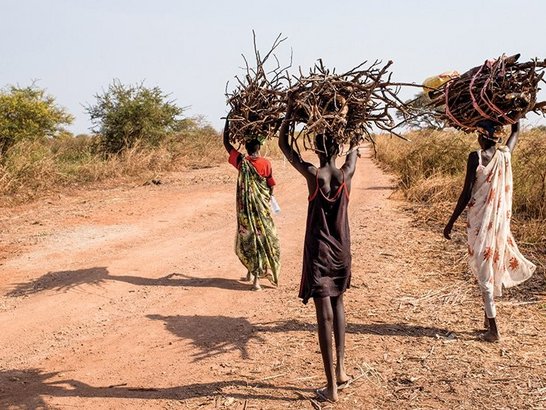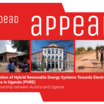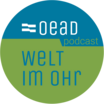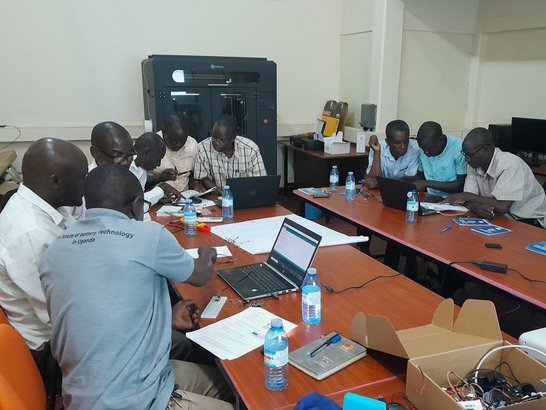Promotion of Hybrid Renewable Energy Systems Towards Electricity Access in Uganda | PHRE

Project Coordinator: Rafat Al Afif
Coordinating Institution: University of Natural Resources and Life Sciences (BOKU), Vienna
Partner institution: Makerere University (MAK) (Hillary Kasedde)
Partner Country: Uganda
Project Duration: 1 June 2023 – 31 May 2026 (36 months)
Budget: EUR 269.019,63
Project Overview
Decentralized renewable energy systems are viable alternatives for Uganda's rural electrification to meet the energy shortage. However, the transfer of knowledge, technologies, and socioeconomic competence in this field is urgently needed in Uganda. The proposed collaboration between the University of Natural Resources and Life Sciences (BOKU) and Makerere University (Mak) aims at establishing a basis for an academic partnership on renewable energy technology. Specifically, the PHRE project seeks to:
- Develop specific modules and training programs on hybrid renewable energy systems to support the existing master curricula at Mak.
- Develop maker spaces and instructional laboratory for hybrid renewable energy systems for teaching and research at Mak.
- Develop local and national societal structures, to address technical, social, and economic aspects related to energy
- Build and strengthen a network between the partner institutions as well as related institutions.
Although the initiative is rooted in technical science, it emphasizes gender equality views at all levels within this sector. The initiative generally takes a maker-movement approach to hybrid renewable energy systems. Following a participatory approach, the project seeks to provide a resource of practical training for students, engineers, and stakeholders in the renewable energy sector of Uganda. Moreover, improved research and teaching, new modules tailored to hybrid renewable energy and entrepreneurship, makerspace and short courses are projected to increase the number of local scholars with technical expertise, knowledge, and skills required to meet Uganda’s national electrification strategies of National development plan III and Vision 2040.
Overall, the PHRE project's impacts are in line with the APPEAR program's thematic focus. One of the project's impacts is to strengthen the partners' scientific foundations (with a focus on Mak, Uganda) through the growth of scientific dialogue and cooperation, improve the teaching process and better qualify students from participating institutes for the green job market in Uganda, as well as sustainable economic development. Also, the project has thematic areas such as education for all, gender equality, and empowerment of women and girls. Furthermore, the PHRE project also strongly contributes to SDG Poverty, Quality Education, Gender Equality, and Affordable and Clean Energy.



